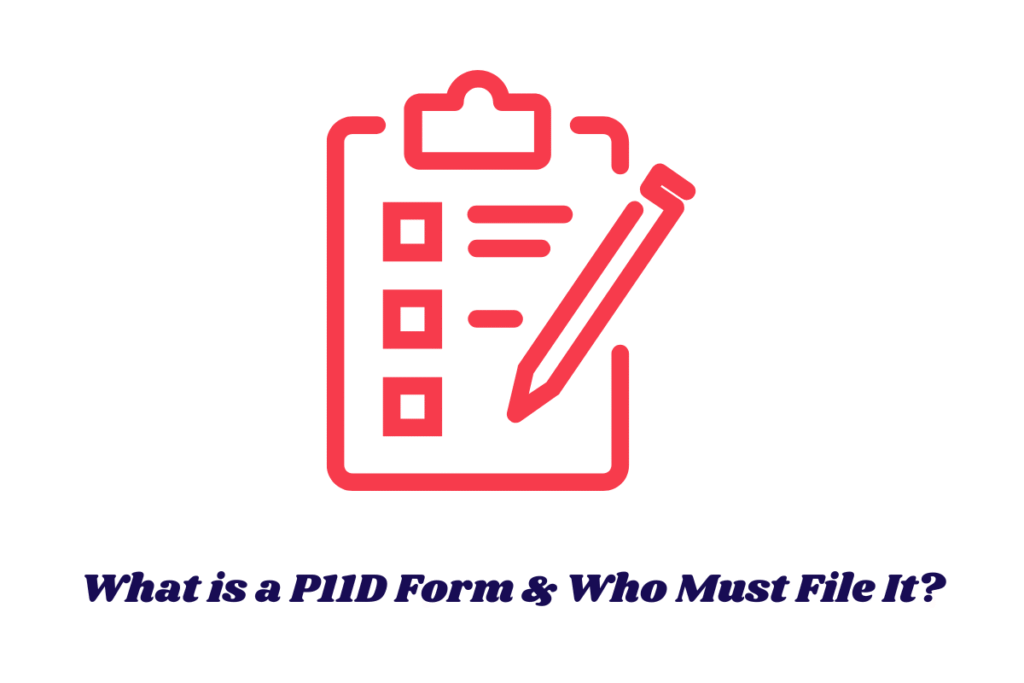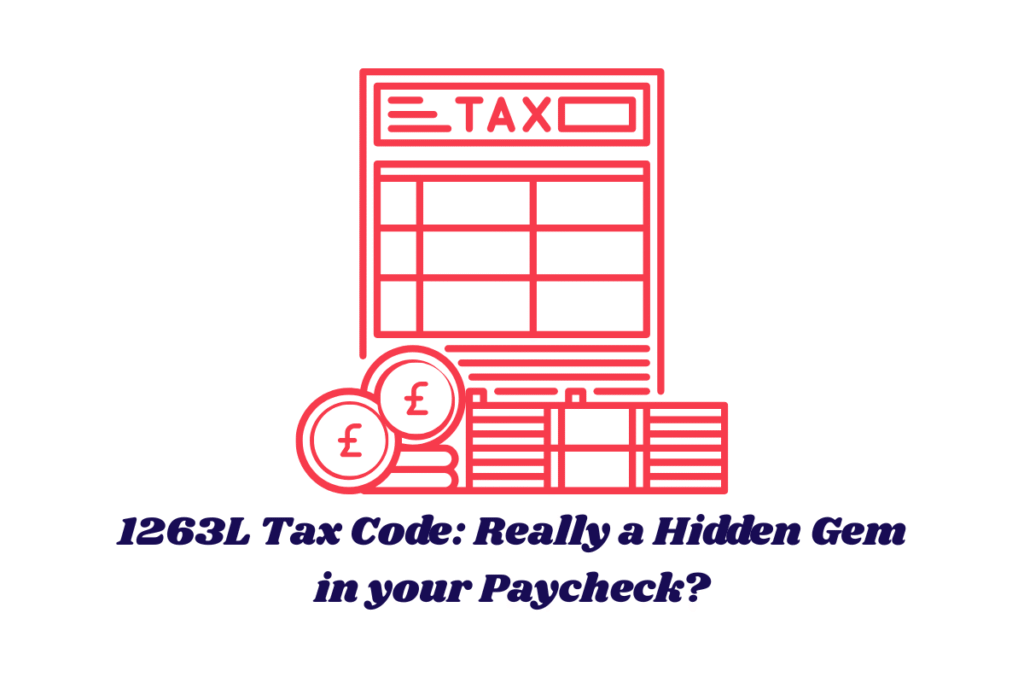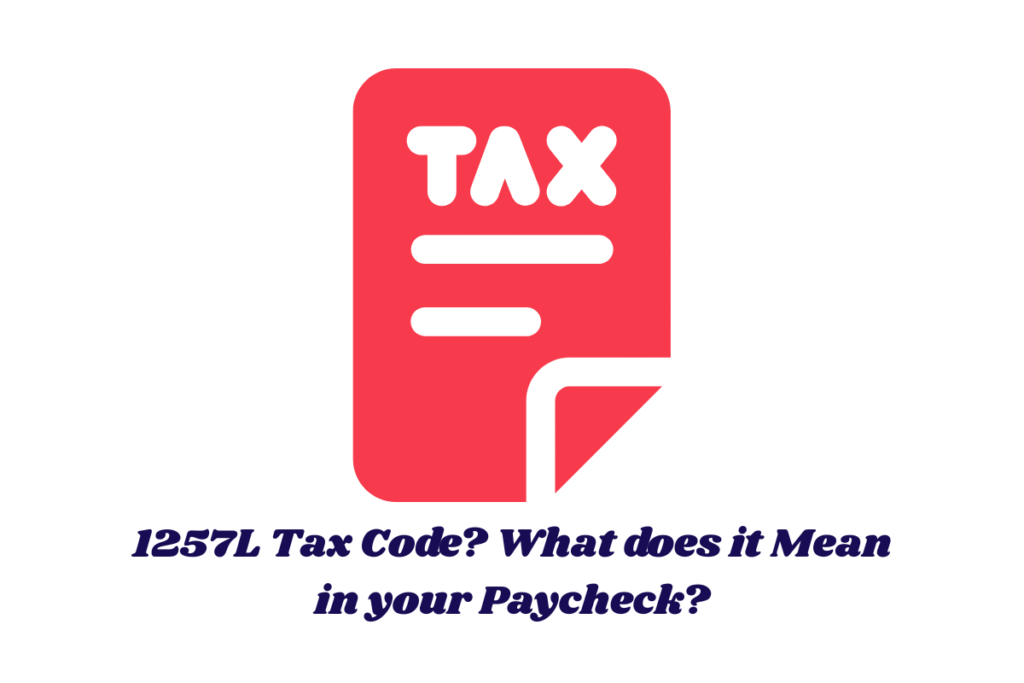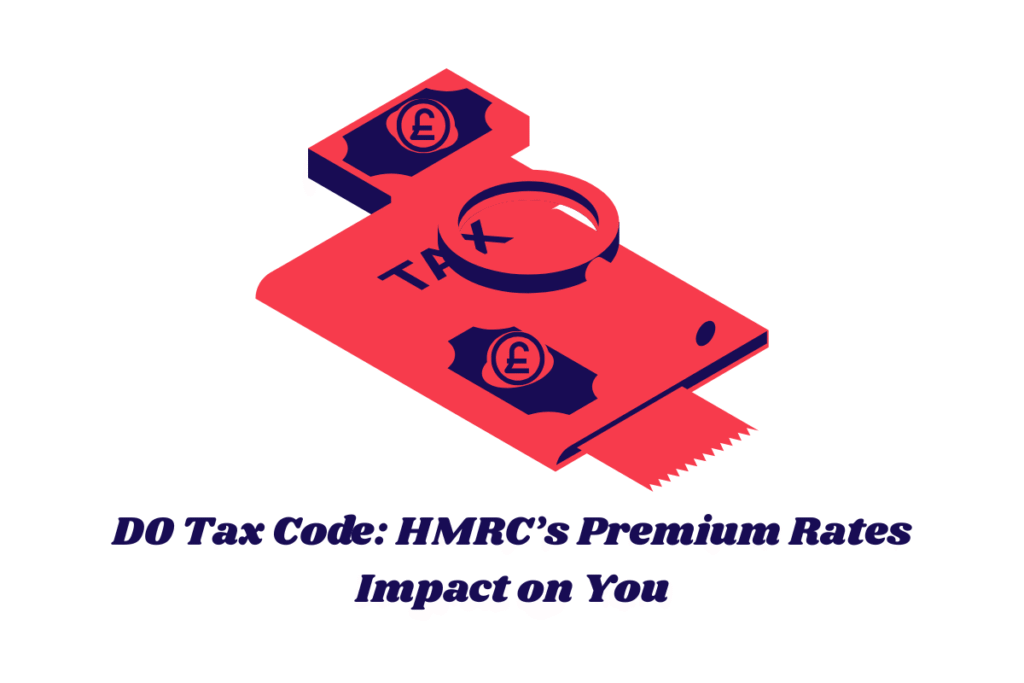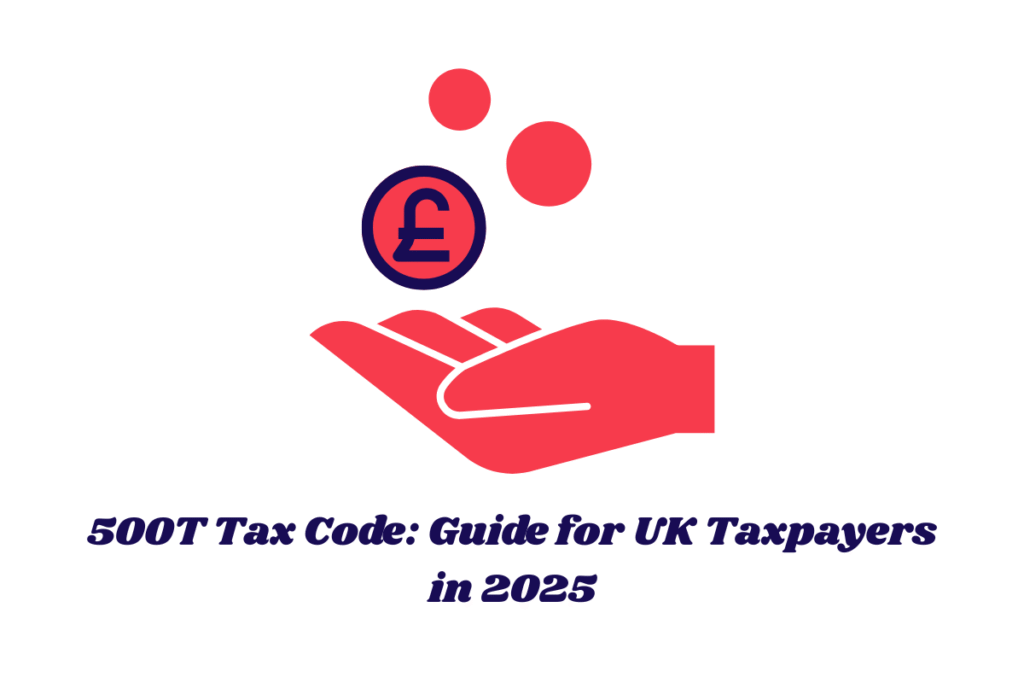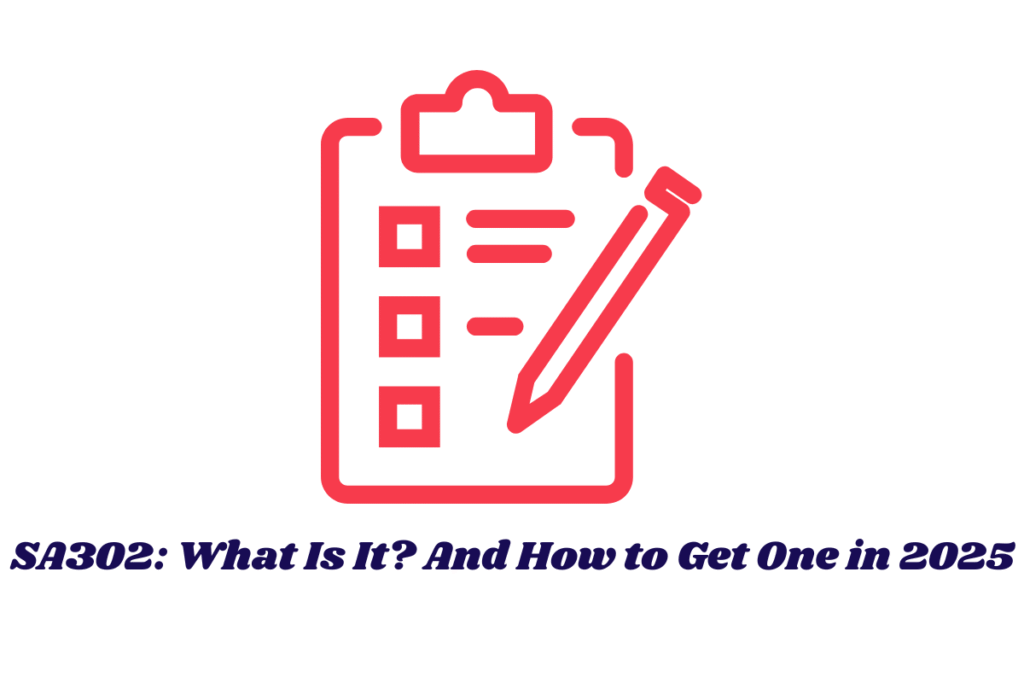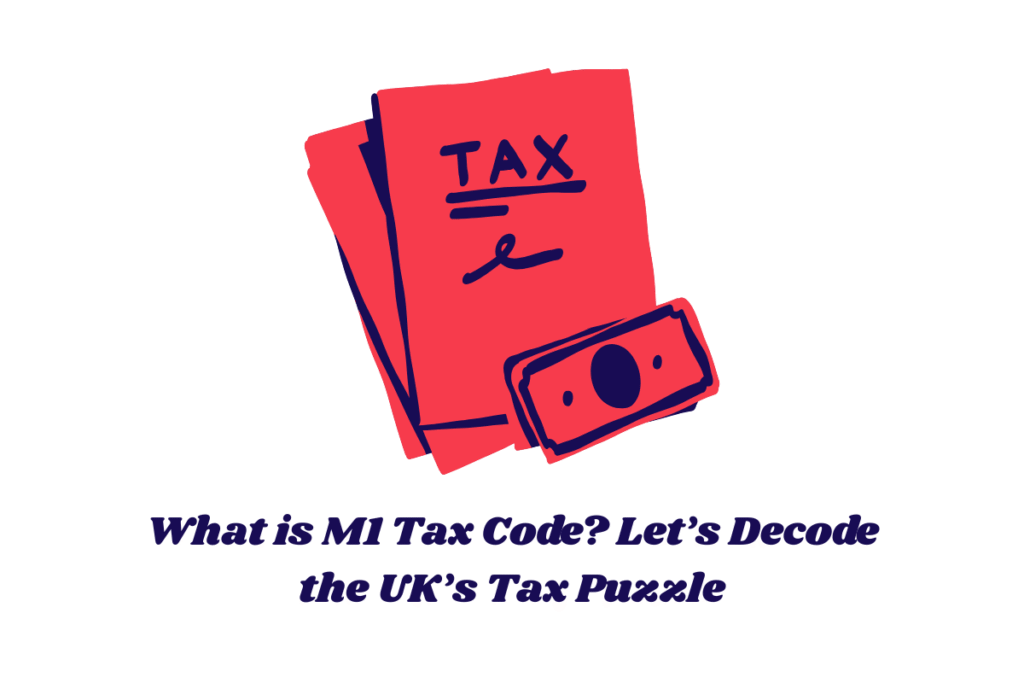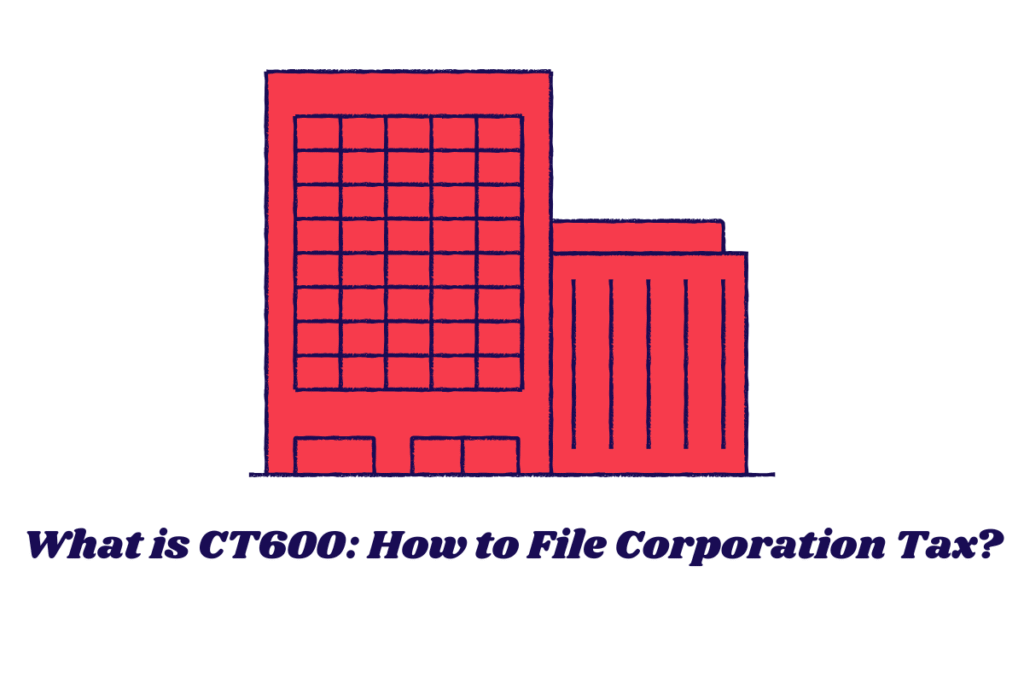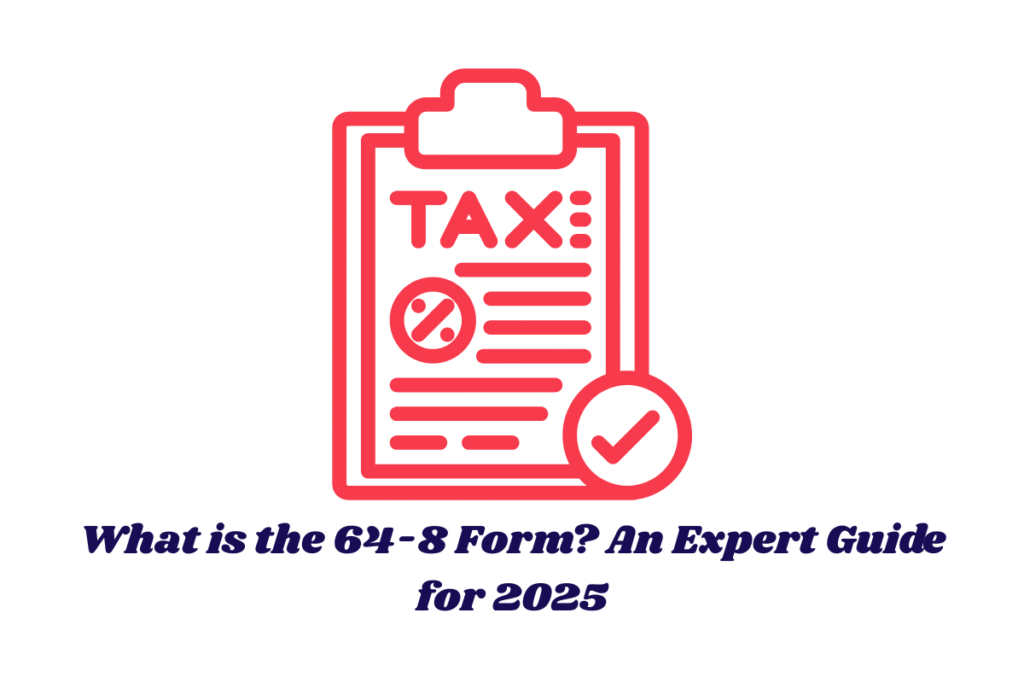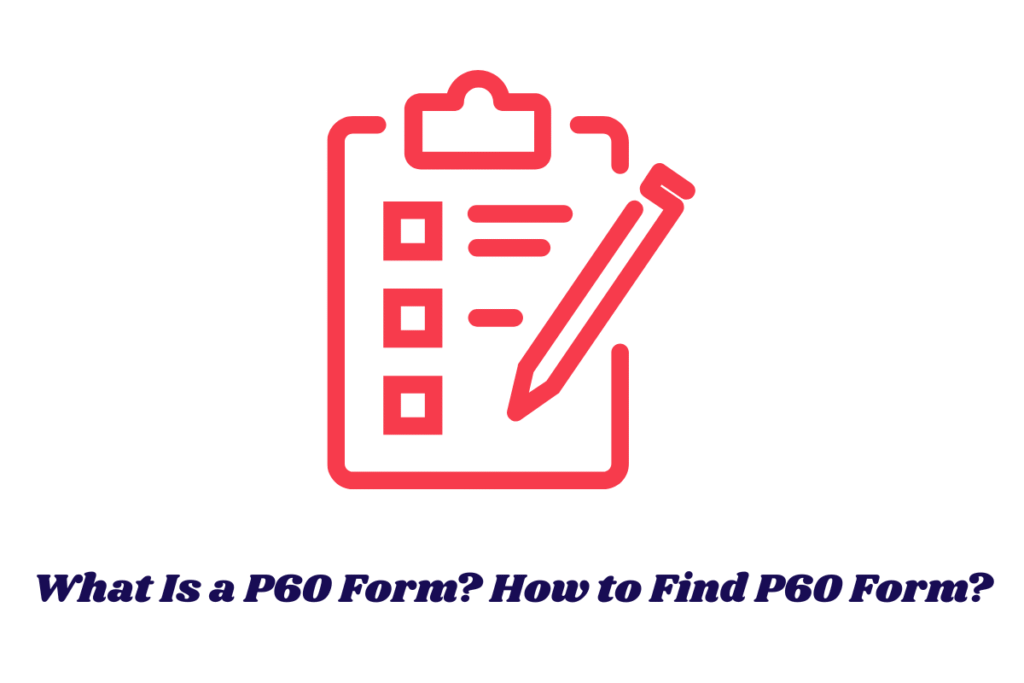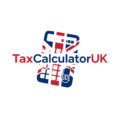A p11d form is the official HMRC document employers in the UK must complete annually for each employee or director receiving taxable benefits or expenses that have not been processed through payroll.
These benefits include perks like company cars, private medical insurance, low-interest loans and more. The p11d form gives HMRC the necessary information to adjust an employee’s tax code or assess National Insurance liabilities.
Summary
“The p11d form reports untaxed benefits and enables HMRC to calculate tax codes and NIC obligations.”
When Is the Deadline for Submitting the P11D Form?
Employers must submit the p11d form to HMRC by 6 July following the end of the tax year, which runs from 6 April to 5 April. For instance, for the tax year 2024/25, the submission deadline is 6 July 2025.
Summary
“The deadline for filing a p11d form each year is always 6 July after the tax year ends.”
What is P11D(b) and Why Does It Matter?
The P11D(b) is a complementary form summarising the total Class 1A National Insurance Contributions (NICs) due on all benefits reported via p11d forms. Employers must submit the P11D(b) alongside individual forms to HMRC by the same 6 July deadline.
Summary
“The p11d(b) summarises Class 1A NIC due on all benefits submitted across all p11d forms.”
You can read more articles on different taxe codes in the UK:
1263L Tax Code: Really a Hidden Gem in your Paycheck
1257L Tax Code: What Does it Mean in Your Paycheck?
D0 Tax Code:HRMC’s Premium Rates Impact on You
500T Tax Code: Guide for UK Tax Payers in 2025
SA302: What is it and How to Get One on 2025?
What is M1 Tax Code: Let’s Decode the UK’s Tax Puzzle
What is 64-8 Form? An Expert Guide for 2025
What is P60 Form? How to find P60 Form?
What Must Be Included on a P11D Form?
Employers must record the cash equivalent value of each benefit provided, such as:
- Company cars and fuel
- Vans used for private purposes (with a flat £3,960 charge for 2024/25) and van fuel (£757).
- Interest-free or low-interest loans in excess of £10,000.
- Private medical insurance, living accommodation, vouchers and credit cards, relocation expenses, professional subscriptions and more.
Summary
“The p11d form must include cash equivalents for cars, vans, loans, health cover, accommodation, vouchers, relocation, and similar benefits.”
What Are Common Mistakes and Penalties?
Mistakes or late submissions of the p11d form can result in serious penalties:
- A fixed penalty of £100 per 50 employees (or part-50) per month for late filing, from 19 July onwards.
- Accuracy penalties if HMRC detects careless or deliberate misreporting.
Summary
“Late or inaccurate p11d form submissions can incur fines—£100 per 50 staff monthly plus accuracy penalties for misreporting.”
Are There Exemptions from Completing a P11D Form?
Certain expenses are exempt and don’t need to be reported on the p11d form, including business travel, entertainment, credit cards used for business purposes, and subscriptions, provided they meet HMRC’s qualifying criteria.
Additionally, any benefits already taxed through payroll (payrolled) need not be reported on a p11d form. Instead, only the P11D(b) remains necessary for Class 1A NIC reporting.
Summary
“Exempt business-related expenses and benefits processed through payroll don’t need inclusion on the p11d form.”
Why Does the P11D Form Matter for Employers and Employees?
For employers, the p11d form ensures HMRC receives full disclosure of non-cash benefits provided, helps calculate NIC obligations via P11D(b), and demonstrates tax compliance.
For employees, it ensures that any benefits in kind are accurately accounted for in their tax code or self-assessment tax return if applicable.
Summary
“The p11d form ensures both employer tax compliance and that employees’ tax affairs reflect their full benefit package.”
How Is the P11D Form Submitted?
Submission of the p11d form must be done online—paper submissions are no longer accepted. Employers with fewer than 500 staff use HMRC’s PAYE Online; larger employers must file via payroll software.
A copy of the p11d form for each individual must also be provided to the relevant employee by 6 July.
Summary
“p11d forms must be submitted online via PAYE Online or payroll software, with copies given to employees by the deadline.”
What Changes Are Coming for P11D Reporting?
From 6 April 2027, non-cash benefits will be mandatory payrolled, eliminating the need for p11d forms for most benefit types. However, certain items like beneficial loans and company-provided accommodation will initially remain outside payroll.
Moreover, real-time reporting of benefits-in-kind will become mandatory from April 2026, requiring employers to record and process taxable benefits through payroll in near real-time.
Summary
“From 2026 employers must report benefits in real time; full payrolling of benefits (ending p11d forms) will be mandatory from April 2027.”
How Can Employers Prepare for These Changes?
Employers should proactively:
- Assess and upgrade payroll software to handle real-time benefits reporting
- Consider registering voluntarily to payroll benefits ahead of the 2027 deadline
- Train HR and finance teams to record benefits accurately throughout the year.
Summary
“Start preparing by improving payroll systems, training staff, and testing voluntary payrolling before it becomes compulsory.”
Additional Resources and Links
To support accuracy, ensure you consult these reputable, high-authority HMRC resources:
- How to complete forms P11D and P11D(b) – step-by-step HMRC guidanceGOV.UK
- Expenses and benefits reporting and paying – HMRC overview of submission and NIC processGOV.UK
Summary
“For trusted guidance, refer to HMRC’s official instructions on completing p11d, handling exemptions, and preparing for future reporting changes.”
The content provided on TaxCalculatorsUK, including our blog and articles, is for general informational purposes only and does not constitute financial, accounting, or legal advice.
You can also visit HMRC’s official website for more in-depth information about the topic.
